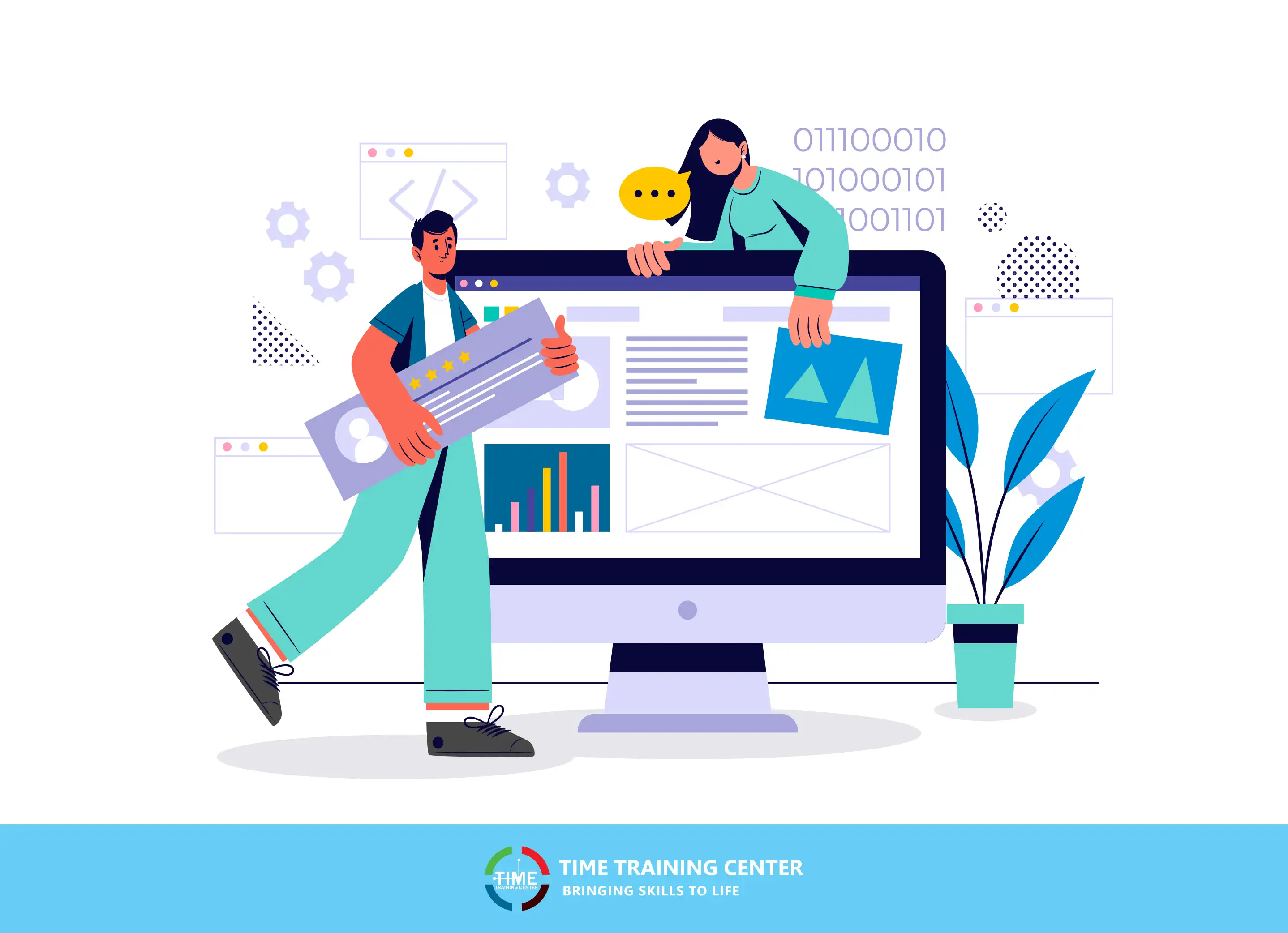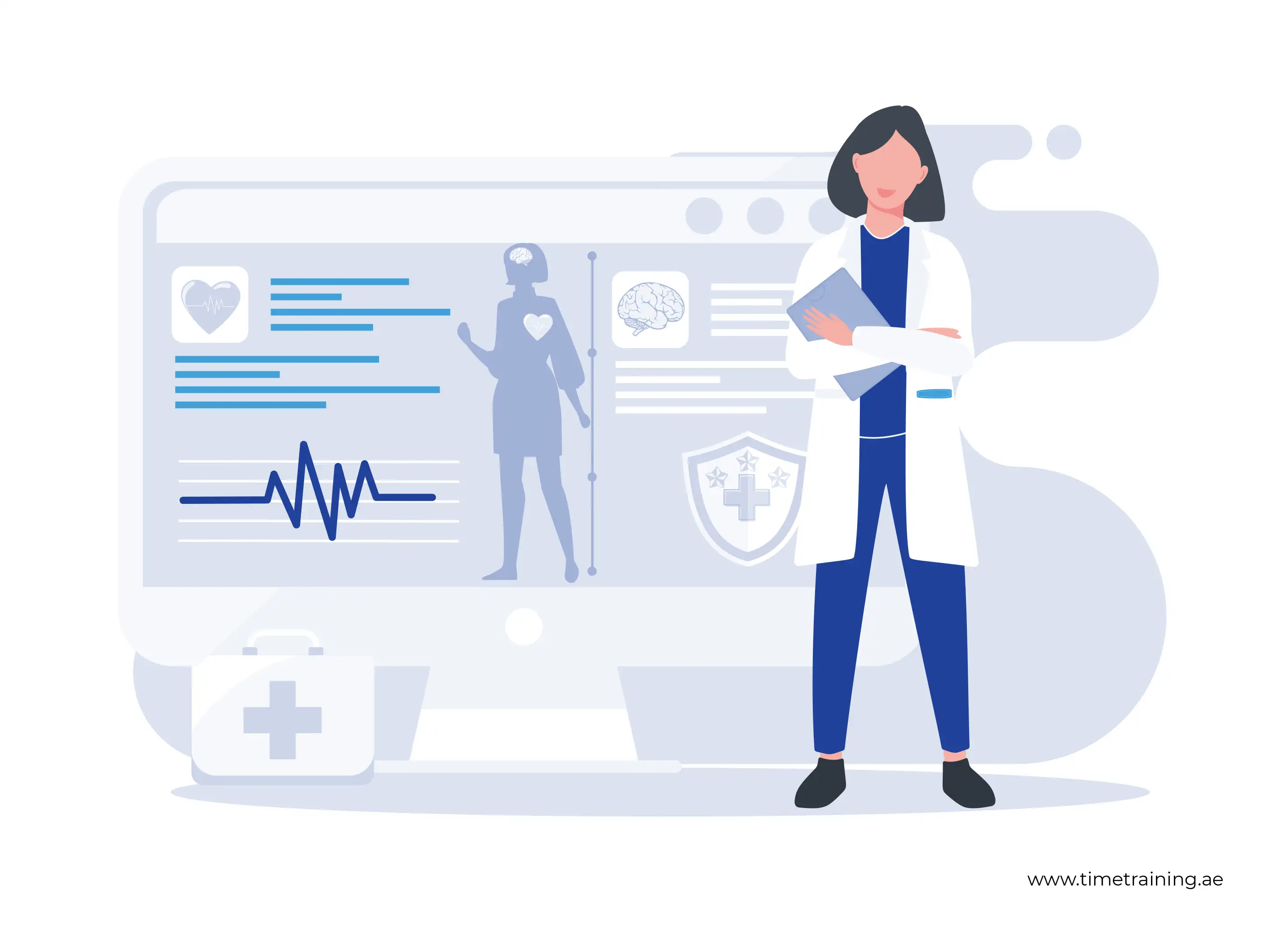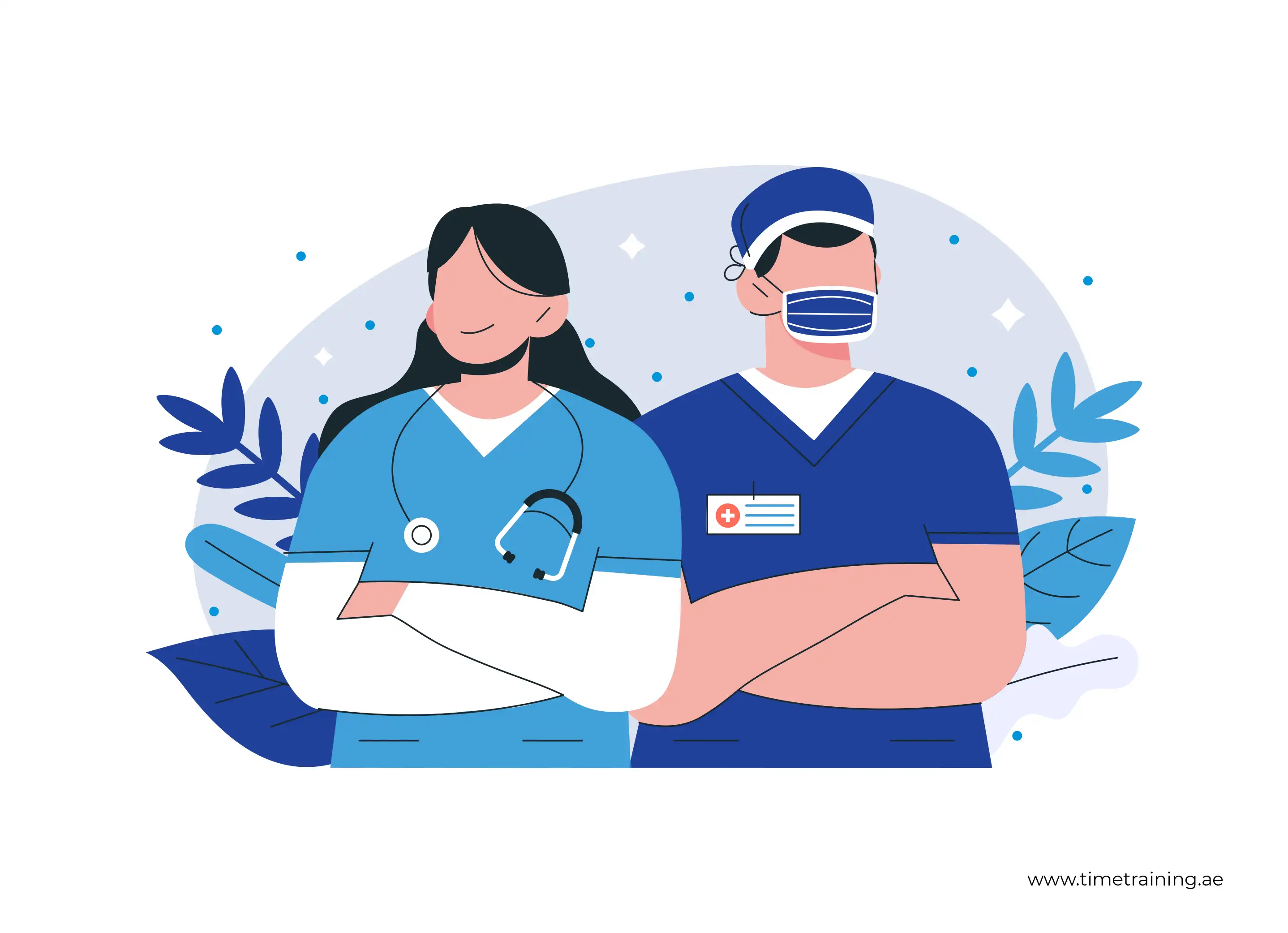In an era dominated by digital experiences, the art of web design stands as a pillar of innovation and functionality. Web design is not merely about aesthetics; it's a dynamic blend of creativity and technical prowess that shapes the online world. As businesses and individuals race to establish their online presence, the significance of mastering web design becomes increasingly evident.
This blog will delve into the compelling reasons why learning web designing is not just a skill but a gateway to many opportunities and professional growth.
Check Out: UI/UX Design Career Opportunities
Top Benefits of Learning Web Designing
Today, learning web design is not just a skill but a powerful asset that opens the door to many opportunities. From creating visually appealing layouts to optimizing user experiences, the benefits of mastering web design are vast and impactful. Following are the top 8 benefits of learning web designing;
-
Versatility in Career Opportunities
-
Enhanced Creativity and Problem-Solving Skills
-
Ability to Create User-Friendly Interfaces
-
Stay Relevant in the Digital Job Market
-
Empowerment for Entrepreneurs and Small Businesses
-
Understand the Dynamics of Modern Marketing
-
Increased Freelancing Opportunities
-
Personal Project Empowerment and Portfolio Building
1. Versatility in Career Opportunities
Learning web design equips individuals with a versatile skill set that is in high demand across various industries. Whether aspiring to become a web developer, UI/UX designer, or graphic designer, the foundational knowledge acquired in a web designing course lays the groundwork for a diverse range of career paths.
For example, a proficient web designer could transition seamlessly into creating engaging user interfaces or designing compelling marketing materials.
A web designer proficient in HTML, CSS, and JavaScript may choose to specialize in front-end development, creating visually stunning and responsive websites. This skill set is valuable in industries ranging from e-commerce to entertainment, where user engagement is crucial.
2. Enhanced Creativity and Problem-Solving Skills
Web design is a harmonious blend of artistic creativity and analytical problem-solving. Learning to conceptualize and implement designs not only enhances one's creative flair but also sharpens one's ability to tackle complex problems logically. This unique combination of skills is transferable to various aspects of life and work.
Consider a web designer tasked with creating an intuitive navigation structure for a website. This requires creative thinking to ensure a seamless user experience and problem-solving skills to address potential usability issues.
3. Ability to Create User-Friendly Interfaces
User experience (UX) is at the heart of effective web design. Learning how to create user-friendly interfaces ensures that websites are not only visually appealing but also intuitive and easy to navigate. Understanding the principles of UX design enhances the overall satisfaction of users interacting with digital platforms.
For instance, an e-commerce website with a well-designed and user-friendly interface will likely experience higher conversion rates as visitors find it easy to browse products, add items to their cart, and complete the checkout process.
4. Stay Relevant in the Digital Job Market
As businesses continue to establish and expand their online presence, the demand for skilled web designers is on the rise. Learning web design ensures that individuals remain relevant and competitive in the ever-evolving digital job market. Employers seek professionals who can contribute to creating modern, aesthetically pleasing, and functional websites.
For example, job listings for positions such as web developer or UI/UX designer often require proficiency in web design tools and languages. Having web design skills can make job applicants stand out in a competitive market.
5. Empowerment for Entrepreneurs and Small Businesses
For entrepreneurs and small business owners, the ability to create and maintain a professional-looking website is a game-changer. Learning web design empowers individuals to take control of their online presence, reducing reliance on external web developers and ensuring that their brand is represented effectively in the digital space.
For instance, a small business owner offering handmade crafts can showcase their products through a visually appealing and user-friendly website, reaching a broader audience and competing effectively with larger competitors.
6. Understand the Dynamics of Modern Marketing
In the digital age, marketing strategies heavily rely on effective online presence. Learning web design provides insights into the dynamics of modern marketing, enabling individuals to create websites optimized for search engines, social media integration, and seamless user journeys—all crucial elements for successful online marketing campaigns.
For instance, a digital marketing professional with web design skills can create landing pages that align with marketing objectives, ensuring a cohesive and visually appealing online presence for a campaign.
Read on: Top Digital Marketing Trends
7. Increased Freelancing Opportunities
Web design is an ideal skill for freelancers seeking diverse projects. With the ability to create websites, design interfaces, and optimize user experiences, freelancers can offer their services to a broad range of clients. This flexibility provides the freedom to work on projects of personal interest or collaborate with clients across different industries.
For example, a freelance web designer can take on projects ranging from designing custom WordPress themes for clients to creating unique user interfaces for mobile applications, showcasing a diverse portfolio of skills.
8. Personal Project Empowerment and Portfolio Building
Learning web design empowers individuals to bring their ideas to life. Whether it's a personal blog, an e-commerce store, or a portfolio website, having the skills to design and develop these projects independently is immensely satisfying. Moreover, creating a portfolio of completed projects serves as a tangible representation of one's capabilities and becomes a valuable asset when seeking employment or freelance opportunities.
For instance, an aspiring photographer can build a portfolio website showcasing their best work, providing a professional online presence that attracts potential clients and collaborators.
You may also like: Project Management Skills
Conclusion
From career versatility and enhanced creativity to personal project empowerment, the skills acquired in web design transcend traditional boundaries. In an era dominated by digital experiences, these capabilities become indispensable. Aspiring designers and seasoned professionals alike stand to gain not only in terms of career opportunities but also in contributing to the ever-evolving and visually captivating landscape of the digital world. Learning web design is an investment that promises both immediate and enduring rewards in our increasingly digital-centric society.
 +971 2 6713828
+971 2 6713828




